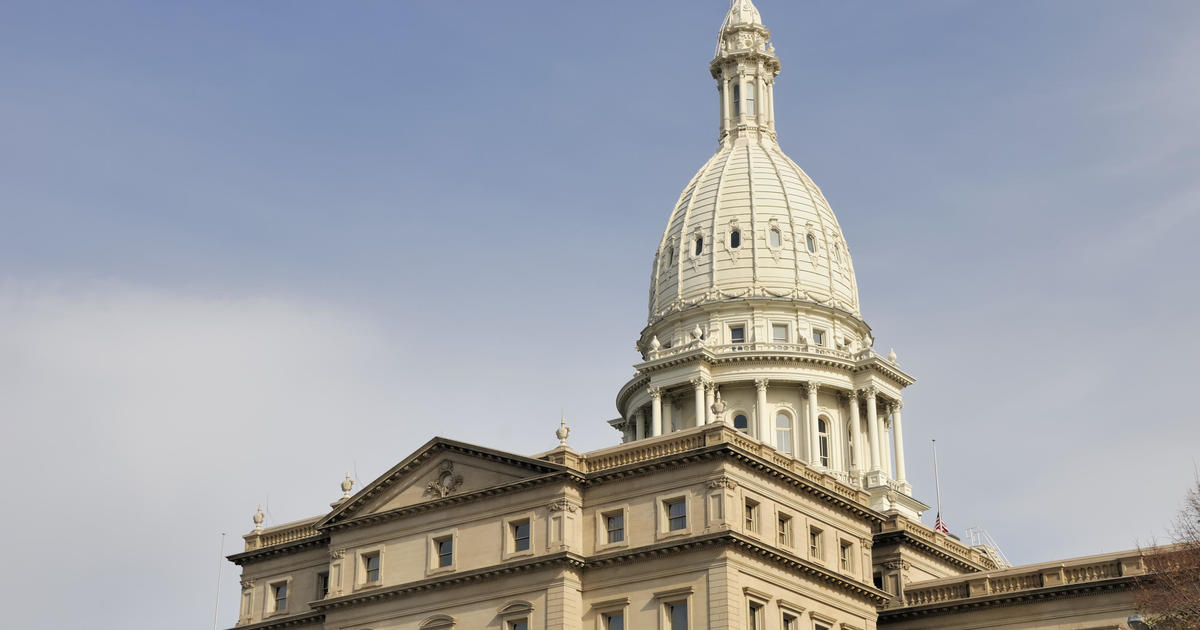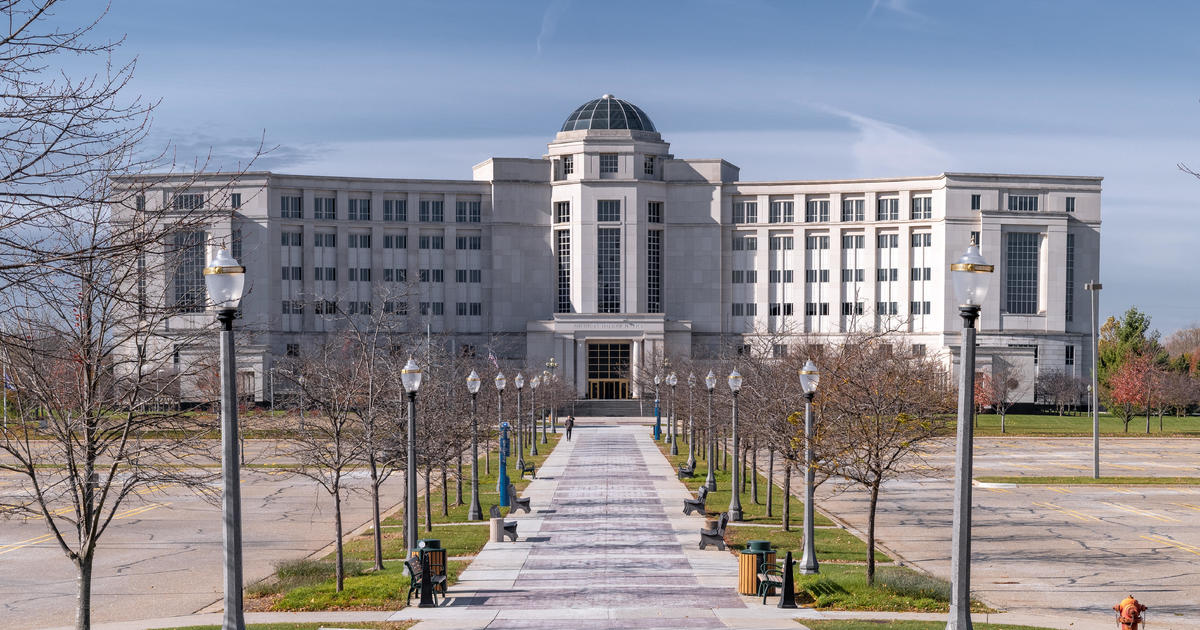Michigan Senate Short Votes For Road Plan With Fee, Tax Hikes
By DAVID EGGERT
Associated Press
LANSING, Mich. (AP) - A divided Michigan Senate on Tuesday was trying to narrowly approve higher vehicle registration fees and fuel taxes and redirect existing tax revenue as part of a plan to improve the state's deteriorating roads with an annual $1.2 billion influx within five years.
Three hours into the Republican-controlled chamber's session, the legislation didn't have the support it would need to pass. The bills were expected to be similar to a proposal that House Republicans passed last week over Democrats' objections.
GOP Gov. Rick Snyder has expressed concerns about future budget implications but might decide this is his best chance for a road-funding deal months after voters rejected a ballot proposal and years after he made boosting stagnant state transportation spending a priority.
The main components are:
- a 40 percent boost in license plate fees in October 2016, averaging $40 more per passenger vehicle;
- a 3.3-cent increase in the 19-cents-a-gallon gas tax in 2018 and 7.3-cent hike in the 15-cent diesel tax spread over 2017 and 2018, with automatic yearly inflationary increases to both taxes after;
- a dedicated annual shift to roads from the $9.9 billion general fund - Michigan's second-largest account behind the school aid fund - starting at $150 million in the 2018-19 fiscal year, $325 million in 2019-20 and $600 million in 2020-21 and beyond.
- a yearly reduction in the 4.25 percent personal income tax, starting 2019, equal to the amount that general fund revenue growth outpaces inflation;
- an expanded income tax credit for homeowners and renters, so those earning up to $60,000 are eligible - above the current $50,000 limit - and the maximum credit rises from $1,200 to $1,500 and is indexed to inflation.
When fully phased in in 2020-21, the bills would generate $1.2 billion for roads and public transit, including $643 million in overall tax and fee hikes, largely from higher registration taxes. But when factoring in the $206 million homestead property tax credit reduction, the net revenue increase would total $437 million a year.
General fund revenues, which pay for health care, welfare, prisons, universities, aid to local governments and other services, would decline by $806 million in the fifth year, and less than that in earlier years.
In July, with Lt. Gov. Brian Calley's tie-breaking vote, the Senate barely supported a plan to boost the gas tax by 15 cents and the diesel tax by 19 cents. High-level talks among legislative leaders and Snyder broke down, and the House passed a new plan that is difference from one it approved in June.
© Copyright 2015 The Associated Press. All Rights Reserved. This material may not be published, broadcast, rewritten or redistributed.



